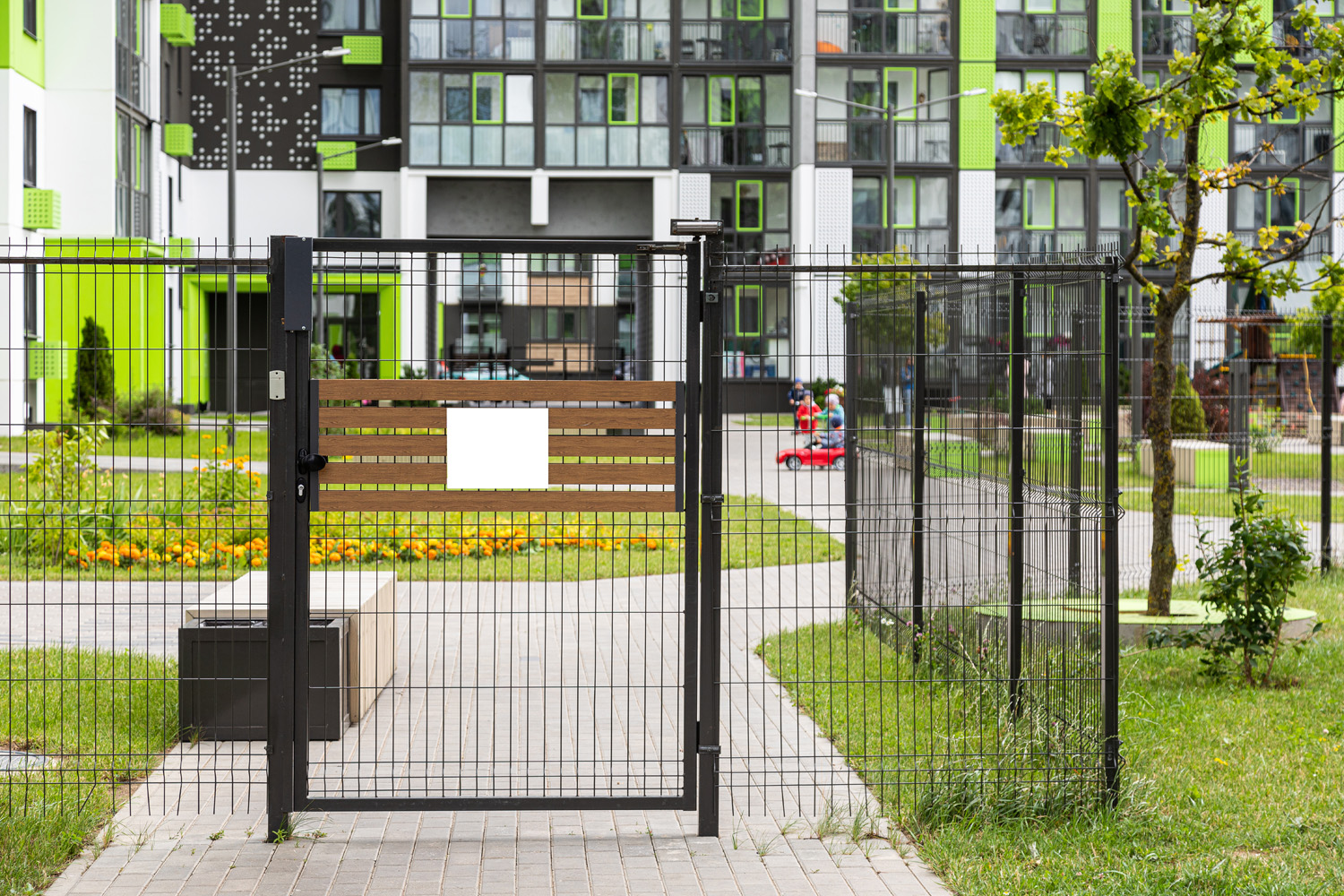
When it comes to enhancing the aesthetic appeal and security of your property, selecting the right fence plays a pivotal role. Not only does it define the boundary of your space, but it also contributes to the privacy, safety, and value of your home or business. With a multitude of fencing options available, ranging from classic wood to durable iron and versatile chain link, making an informed decision can seem daunting. This guide will navigate you through the process, ensuring your choice not only meets your functional needs but also complements your property’s style.
Before diving into the myriad of fencing options, it’s crucial to identify the primary purpose of your fence. Are you looking to enhance privacy, provide security, contain pets, or simply add a decorative touch to your landscape? Your goals will significantly influence the type of fence that best suits your needs.
Wood fences offer a timeless look, providing warmth and natural beauty. Ideal for privacy and aesthetic appeal, they require regular maintenance to combat weathering and decay.
Wrought iron fences are synonymous with strength and durability. Their elegant designs make them perfect for decorative purposes, though they come with a higher price tag and maintenance to prevent rust.
For those seeking practicality and cost-efficiency, chain link fences are a go-to. While not the most visually appealing, they offer durability and security, making them suitable for backyards and commercial spaces.
Vinyl fencing is a low-maintenance alternative to wood, resistant to weathering and rot. It comes in various styles and colors, providing flexibility in design while ensuring longevity.
For specific needs, such as agricultural fencing, ranch fences, and game fences offer tailored solutions. Each designed to contain or deter animals, these options blend functionality with the demands of your property’s landscape.
Before installation, familiarize yourself with local zoning laws and homeowners association (HOA) guidelines, which may dictate fence height, materials, and placement. Ensuring compliance can save you from costly modifications down the line.
Consider the longevity and maintenance requirements of your chosen fencing material. While some options like vinyl and iron offer longevity with minimal upkeep, others like wood may require more frequent maintenance to maintain their appearance and integrity.
Assess whether you’re prepared to undertake the fence installation yourself or if you’ll enlist the services of a professional. While DIY projects can be cost-effective, professional installation ensures your fence is set up correctly and stands the test of time.
Choosing the right fence for your property involves a careful consideration of your needs, the material’s aesthetics and durability, compliance with local regulations, and maintenance requirements. By taking these factors into account, you can select a fence that not only enhances the security and privacy of your property but also contributes to its overall appeal and value. Remember, a well-chosen fence is an investment that pays dividends in both function and form for years to come.